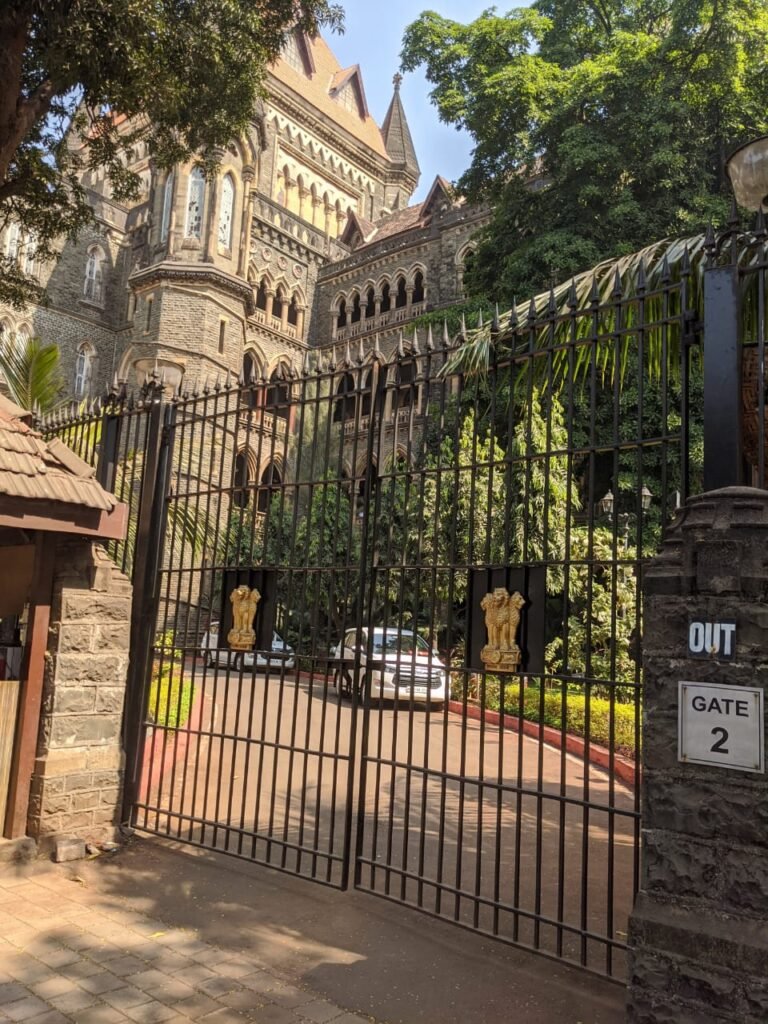In a prominent copyright dispute matter involving the famous YouTuber Gaurav Taneja (“Defendant”), popularly known as ‘The Flying Beast’, the Bombay High Court, in an interim order, has directed Mr. Taneja to remove two videos from his YouTube channel following Castrol’s allegation of Copyright infringement.
Case Background
In the field of industrial and automobile lubricants Castrol (“Plaintiff”) stands out as the consistent frontrunner with its history of innovative achievements and a great legacy as a grease developer for space missions since it partnered with NASA in the 1960s. Its specialized knowledge has assisted the company in lubricating several pioneering projects, such as the Curiosity Rover at NASA, which landed safely on Mars in 2012, and Mars 2020 Perseverance Rover in 2021. The dispute between the parties revolves around the Castrol’s ‘Castronomy’ marketing campaign. This campaign demonstrates Castrol’s technological accomplishments through a unique and innovative experience involving influencers in a zero-gravity flight. The experience was designated to highlight Castrol’s slogan, “All we do in space goes into all we do here on Earth” while engaging the public.
The Plaintiff financed the entire cost related to the program, including travel and accommodation for the Defendant. As a result, the Plaintiff holds exclusive copyrights to the program, covering both the raw data and the content created by the Defendant—a renowned social media content creator—who had agreed to participate in and generate material for the campaign in accordance with its specified requirements.
However, disputes arose when the Defendant unilaterally modified the agreed deliverables, delayed the execution of a formal contract even after consistent follow-ups, and uploaded campaign content on his YouTube channel titled ‘Ready to go in Zero Gravity with @airrack’ and ‘Flying in zero gravity’ without Castrol’s consent. This unauthorized upload of the content on a public platform and omitted references to Castrol and the ‘Castronomy’ campaign, were alleged to be violating Castrol’s copyright and interests.
Court’s Order & Reasoning
The Plaintiff averred that they, as the producer and first owner, have the exclusive copyright ownership to such cinematographic films and photographs created as an outcome of this campaign. According to the Plaintiff, the Defendant was violating the agreement between the parties since he did not provide the Plaintiff with the content in the prescribed format but, instead, uploaded unauthorized versions on his YouTube channel and committed a copyright violation. In the absence of Defendant No. 1, who failed to appear before the court despite being served notices, the Plaintiff sought interim relief to prevent further dissemination and requested the removal of the impugned content.
The Bombay High Court, after analyzing the evidence, ruled in favor of Castrol India Ltd., granting ad interim relief against Gaurav Taneja for unauthorized use of content from the “Castronomy” campaign. The court determined that Castrol was successful in establishing a prima facie ownership of the copyright as the producer and first owner under the Copyright Act, 1957, having borne all production costs and exercised creative control. The unauthorized dissemination of the campaign content, omission of references to Castrol, and failure to adhere to agreed deliverables by Defendant No. 1 constituted a clear infringement of Castrol’s copyright. The court emphasized that the leveraging of content for personal benefit while disregarding the Plaintiff’s substantial financial and reputational interests clearly showcased the Defendant’s dishonest intention. Further, the Court recognized the irreparable harm caused to Castrol’s brand and in the absence of any equitable defense for the Defendant, the Court restrained the Defendant from further use of the content and ordered the removal of the impugned content and listed the case for further hearing.
Implications Of The Order
The case highlights the broad implications for influencers and content creators, emphasizing the critical need for them to adhere to legal and contractual obligations. As creators navigate the complexities of copyright laws, they must be cautious to avoid potential legal repercussions. This is especially pertinent in collaborative projects, where disputes may arise over the ownership of intellectual property. It emphasizes the importance of enforcing agreements to prevent violations and protect brand assets and reputation. In a broader context, this case proves to be the perfect embodiment of the challenges individuals face while navigating the complex maze of intellectual property rights in the digital era. With influencer marketing growing increasingly complex, particularly around issues of ownership and rights management, this case establishes an important precedent. It offers a solution to disputes of this nature by emphasizing the need for transparency and clarity on agreements. Moreover, it calls for a just and fair process that upholds the rights of both creators and brands. In an ever-changing digital environment, this case underscores the importance of ensuring clarity and respecting the interests of all parties involved.
Conclusion
The Castrol India Ltd. v. Gaurav Taneja case symbolizes a critical point that balances the space of influencer marketing and copyright law. Beyond its legal consequences, it reminds the stakeholders that the nature of creative content collaboration is much more nuanced. As influencer marketing advances, so must the relationship between the creators and brands, and should be based on trust, professionalism, and reasonable foresight in terms of law. This case shows that accountability is not just as per the agreement but for all the good practices to be fostered in the industry. It underlines the importance of creators respecting the financial investments and reputations of brands, while simultaneously recognizing the pressure on brands to establish frameworks that safeguard their rights without affecting the creativity. In essence, mutual respect and precisely defined expectations make the ecosystem a harmonic place and at the same time making it secure toward innovation and collaboration without an impending dispute, undermining growth.
Authors: Vamika Gidwani & Utkarsh Gupta

